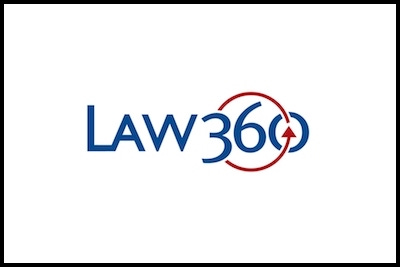Read Me in Law360 Talking About Biden's NLRB
I push for some of the changes recommended in an earlier post.
Law360 published an article on Tuesday morning discussing revised expectations for the Biden administration’s labor policies in light of Republicans’ likely hold of the Senate. This includes the shelving of the Protecting the Right to Organize Act and increased emphasis on the National Labor Relations Board.
The article’s author, Braden Campbell, was kind enough to interview me regarding what Biden’s Labor Board can potentially accomplish with a little ambition. For those who are paywalled, here is the relevant excerpt:
Magner said he hopes the Biden board has greater ambitions than simply undoing its predecessor’s labor policies. While new board majorities typically focus on more recent policy, Biden’s appointees could take a new look at decades-old rulings.
“There are lots of unturned stones where you actually can make some pretty major tweaks in the law,” he said.
Notably, the Biden board could limit employers’ power to convene meetings to urge workers not to unionize during organizing campaigns. These “captive audience” meetings, as organized labor calls them, are unions’ “number one bugaboo” among issues that the board can address via case law, Magner said.
The policy has been a mainstay since shortly after Congress scaled back certain union powers in 1947 National Labor Relations Act amendments, but a Biden board could restrict these meetings or make employers give unions a chance to rebut their arguments, Magner said.
“If I was a Democratic board appointee, I’d [say], ‘I can do something, why not take a wedge against these kinds of longstanding employer weapons?’” he said. The board could also revisit a long-standing policy denying protections to workers who make solo safety complaints to state agencies and test a mechanism for providing pay to workers whose employers refuse to come to the bargaining table, Magner said.
I managed to fit in three of the ten recommendations I made in my first post to Labor Law Lite: (1) the outlawing or at least neutering of captive audience meetings; (2) the reversal of the Reagan Board’s Meyers decision and return to Alleluia Cushion; and (3) the adoption of the Ex-Cell-O remedy for refusal-to-bargain cases that the Kennedy Board originally proposed in the late 1960s.
(I declined to push the crowd favorite Joy Silk doctrine re: enhanced bargaining orders, figuring that it was too dense to discuss in a few quotes. But I’ll be talking more about Joy Silk in an upcoming post.)
Labor Law Lite is, if nothing else, an attempt to move the Overton window with regards to the NLRB’s powers and its substantive case law—things that I believe to be profoundly under-examined in our political and legal discourse. I welcome any interviewers who want to discussed these concepts and what they mean for our national labor policy.




